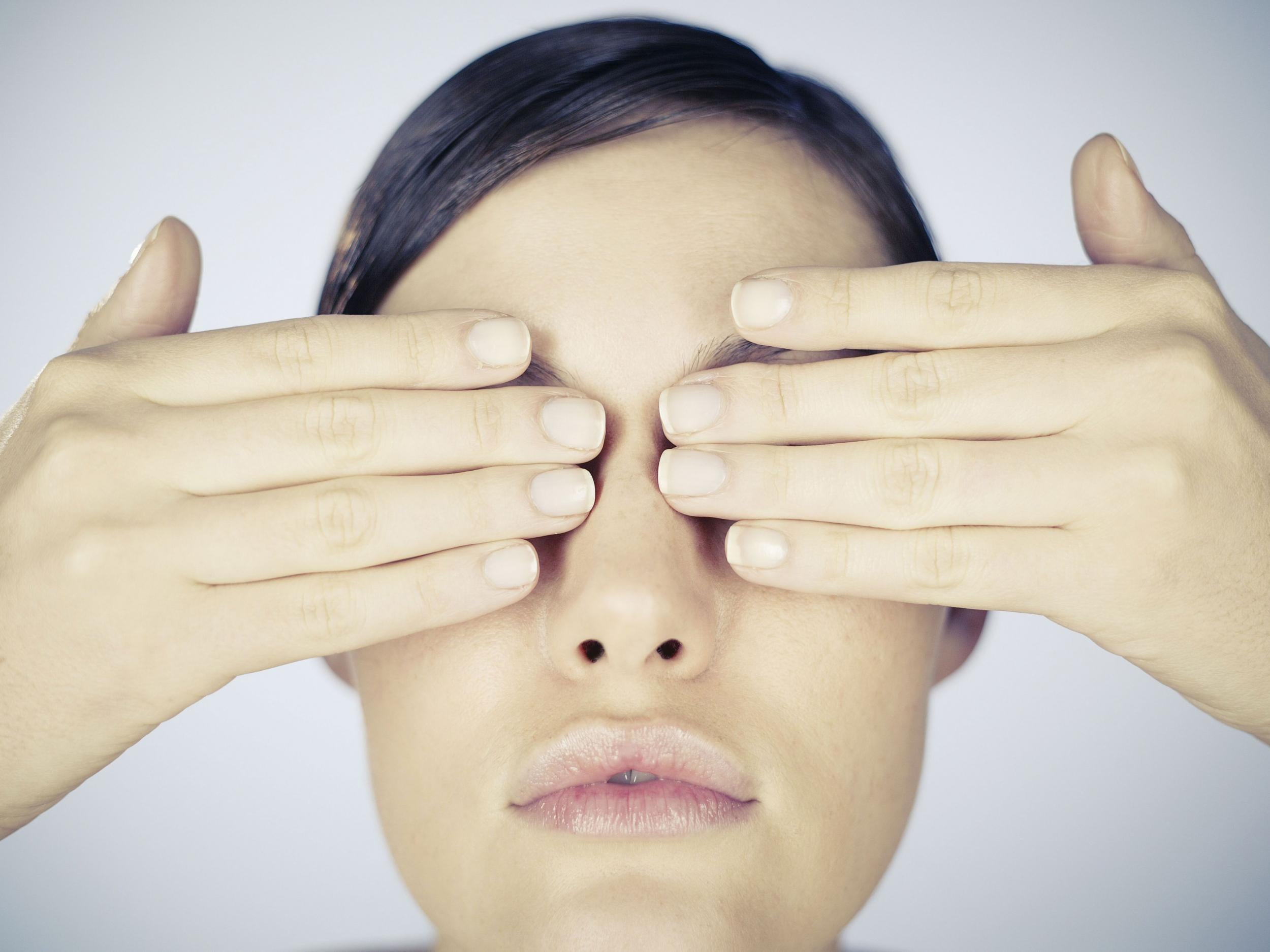Do you have prosopagnosia? Researchers develop quiz to identify sufferers of 'face blindness'
The condition affects an estimated 2% of the population

A group of researchers have devised a test to detect sufferers of prosopagnosia, or ‘face blindness’.
Prosopagnosia is the inability to recognise familiar faces. According to the BBC, in its most extreme form people can fail to recognise their friends and family.
The Prosopagnosia Research Centre says some people suffering from the condition also fail to classify “objects, cars and animals”. Other symptoms include the inability to identify ages, gender and emotional expressions.
Researchers from a variety of London universities have developed the Trouble With Faces quiz which claims to “assess the presence and severity of prosopagnosic traits”.
Dr Richard Cook, Principal Investigator and a senior lecturer at City University, London told The Independent there are two forms of prosopagnosia. One is "acquired" and normally a result of brain damage, “for example from a car accident”.
The other form, "developmental", was “previously thought to be incredibly rare”, according to Dr Cook. However, awareness of the condition has not improved.
“At my best guess, two to two and a half per cent of the population have it,” Dr Cook said.
The quiz has 20 questions and each question can be ranked from one to five, so a result out of 100 is determined.
The organisation then uses the quiz results, which Dr Cook says are “very much a guide”. A range of other measures are then used to diagnose the condition.
Statements which participants are asked to rank include:
“When I was at school I struggled to recognise my classmates”
“Anxiety about face recognition has led me to avoid certain social or professional situations”
"I feel like I frequently offend people by not recognising who they are"
If you are concerned about face blindness, contact the Trouble with Faces. You can take the quiz in full here.
Join our commenting forum
Join thought-provoking conversations, follow other Independent readers and see their replies
Comments